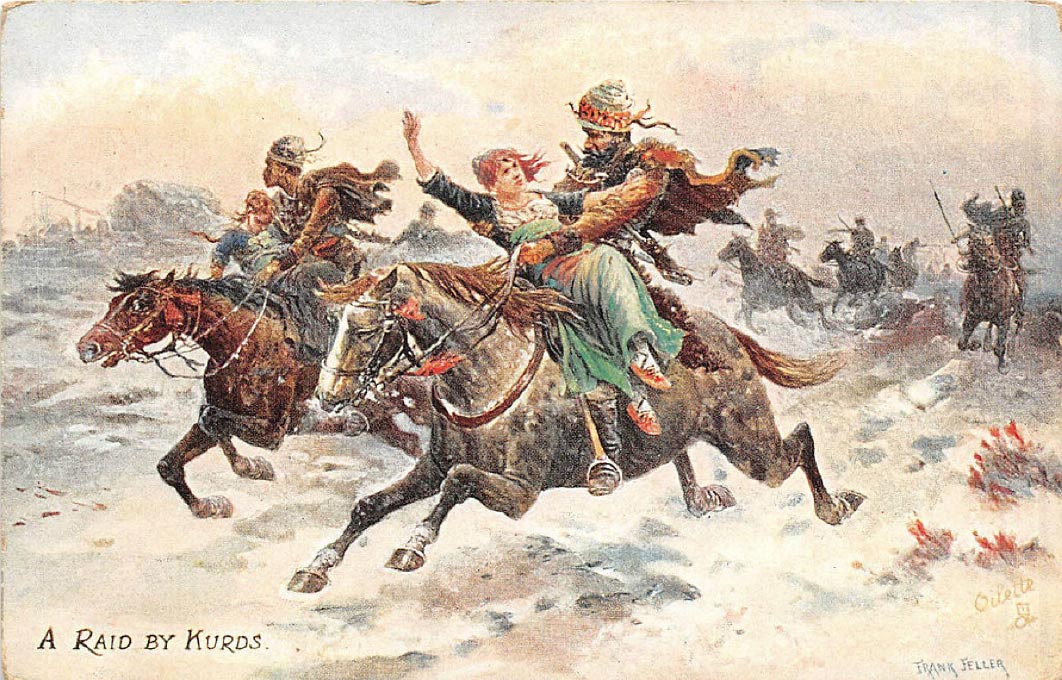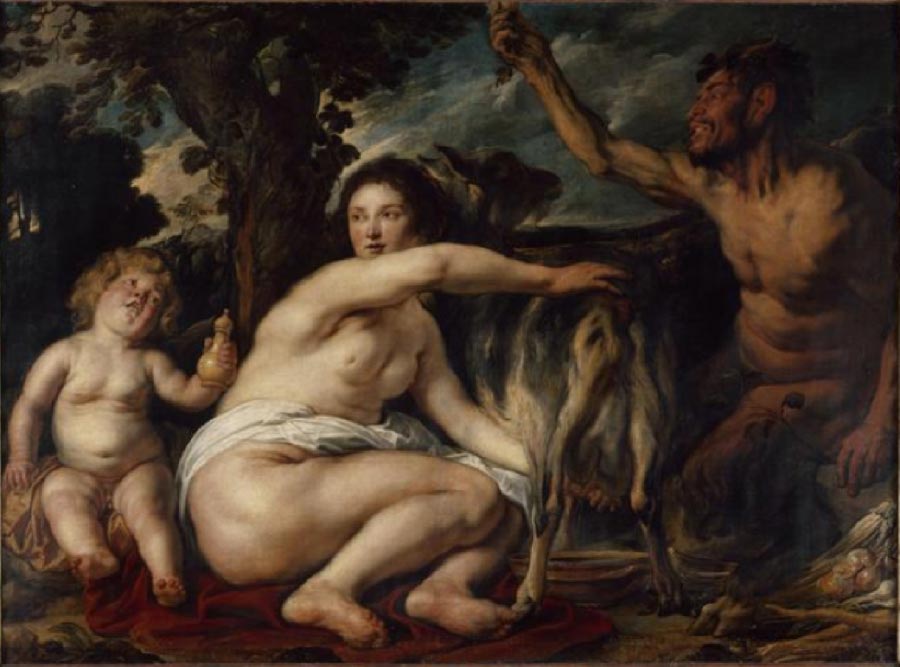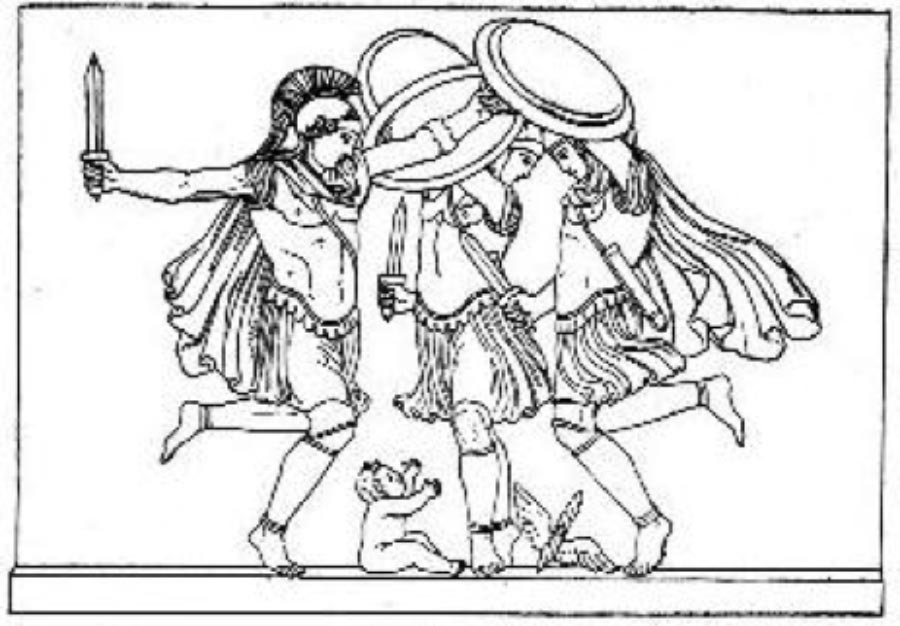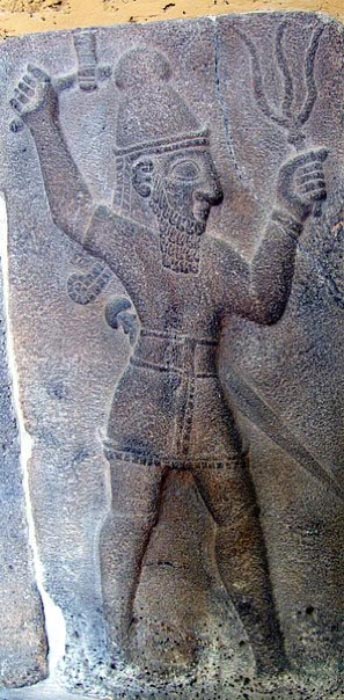
Are Zeus’ Curetes the Ancestors of Modern Kurds?
The hypothesis that there is a relationship between the ancient Curetes of Greek mythology and the Kuri or Kuronians, a tribe of warriors and navigators of the Baltic world, where the medieval Danish historian Saxo Grammaticus locates an ancient land called Curetia (now called Kurland, a region of Latvia), is supported in an article entitled Ancient Curetes and the Baltic tribe of Kuri by Professor Ilze Rūmniece, dean of the Faculty of Humanities at the University of Riga. Can the Kuri be linked to the mysterious Curetes, Zeus’s worshippers, mentioned in the Iliad and Greek mythology? The Curetes feature in the myth of the birth of Zeus, but they were never identified in the Greek world. Today’s Kuronians, therefore, may be descended from the Homeric Curetes.

Infancy of Zeus, by Jacob Jordaens, (early 1630s)Louvre Museum (Public Domain)
Zeus’ Curetes on Crete
According to Hesiod, Rhea came to Crete and hid the child Zeus in a deep cave called Dictaeon Antron (meaning Psychro Cave) on Mount Aigaion (or Mount Ida according to other sources) with its dense forests, to prevent Chronus from finding his son and devouring him. The Cretan Couretes' were young men or rustic daimones (spirits) appointed to protect the baby Zeus and their ritual orgiastic war dance of clashing spears and shields was intended to drown out the infant god's cries and prevent his discovery. According to the author Jane Ellen Harrison the Curetes were guardians, nurturers, and initiators of the infant Zeus, but also primitive magicians and seers. They were metal workers and metallurgy was considered an almost magical art.

The Curetes dancing around the infant Zeus, as pictured in Themis by Jane Ellen Harrison (1912) (Public Domain)
Zeus, Dievas and Teshub
Can one still find Zeus, the great god of the Curetes, in the Baltic area? Actually, in the eastern Baltic there is the figure of a supreme god called Dievas in Lithuanian and Dievs in Latvian, that in folklore has both the traits of the Christian God and Greek Zeus. As to Dievas, it is akin to Di(v)os, the genitive case of the noun ‘Zeus’ in Greek. Dievas was the god of sky, prosperity, wealth, ruler of gods, and creator of the universe.
On the other hand, scholars have found analogies between Zeus (the god of Curetes), and Teshub, the great Storm God of the Hurrians (or Khurrians). Teshub was conceived when the god Kumarbi bit off and swallowed his father Anu's genitals, similarly to the Greek story of Uranus, Cronus, and Zeus. The Hurrians are a people of obscure origins, who settled in Asia Minor and were linked to the Mitanni, who spoke an Indo-European language. A further analogy with Greek mythology refers to the attack on Olympus by two giants, Otus and Ephialtes, compared by Robert Graves to the Hurrian myth in which two divine brothers attack Mount Hazzi, while another Hurrian myth is compared to the story of the castration of Uranus, ancestor of Zeus, as told in the Theogony of Hesiod.

Teshub the Hittite weather-god wielding a thunderbolt and an axe. Bas-relief at Ivriz (Public Domain)




